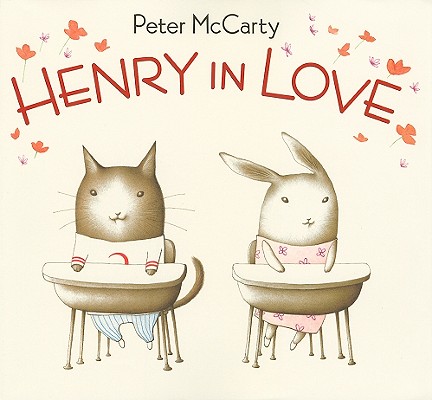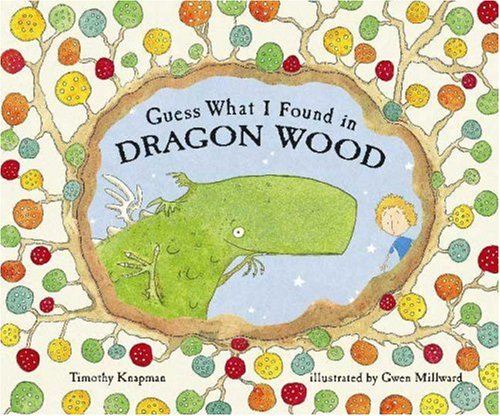But I loved For the Win even more.
When I was in high school and was forced in my senior year to take economics, I HATED IT. It was a close second to my least favorite subject of math (at the time statistics) which makes sense. Both disciplines require attention to detail, number crunching, formulas. Things I do not like. And my continuing near complete ignorance in regard to all things money related
 has come back to bite me in the butt on numerous occasions, not least of all raising its head during the entire economic meltdown, which, when asked about it I would have to say things like: "It's just bad news all around," and/or "Um yes, I guess the president should fix this... how? Oh wow, look over there!" [runs away]
has come back to bite me in the butt on numerous occasions, not least of all raising its head during the entire economic meltdown, which, when asked about it I would have to say things like: "It's just bad news all around," and/or "Um yes, I guess the president should fix this... how? Oh wow, look over there!" [runs away]So, despite what several reviewers cited as didactic passages, I loved how much I was able to learn from this book. Yes, I understand that this book is meant for teens. Yes, I know I should have known a lot of this stuff going into this book. Yes, I get that for people who already know all this, the "here's what's happening when people sell you stock" passages may feel overly didactic. But for someone totally ignorant (me!) it was great-- Doctorow makes all this stuff that made me want to stick glass in my eyes during high school totally interesting, fascinating even, and most of all cool. His comparisons are fresh, humorous and intelligent. The passage about the Coase cost utilizes light touches of neuroscience to help people like me engage, and feel clever for being able to do so.
If there's anything I cared about less than econ, it's online gaming. I'm a total nerd for some things (...I keep a blog of kids' book reviews...in my adult life) but online RPGs are just past my threshold. And by just past, I mean way past. And just like econ, Doctorow was able to pull me in, despite overwhelming prejudice. I still don't want to play the games, but I have a new found interest in the people who do, and the meta-markets they support.
Set in 4 different countries, with an epic cast of characters, Doctorow puts a face to globalization in a way that is undeniably cool, without glorifying the characters--there's a great moment of self-awareness when one of the 2 main American characters, a white kid named Leonard who goes by Wei-Dong (in order to fit in with his remote Chinese gamer friends) is forced to remind himself why he's gotten involved with the burgeoning online-revolution, and the loneliness inherent in his lifestyle. Each major character has a moment when they question fighting for a cause with people in countries they will never go to, and comrades they will never meet, to fantastic effect: the "real world" becomes an outmoded term, and the world of the gamers asserts itself.
These elements in conjunction with Doctorow's strong use of interpersonal relationships pressed against these larger frameworks, I felt, alleviates the (arguable) slowness of the didactic passages, keeping the plot tense and (most of) the dialog taut. If I had one complaint, it would be that the passages in which concepts are explained between Ashok the economist and General Robotwallah (Mala) and Yasmin in India feel a bit lazy, whereas the passages in which Connor (a game runner and student of economics) explains things to the reader do not. It makes sense that Connor's POV would include these passages. The conversations in India, on the other hand, feel expository, and are less fun in the telling. However, all conversations between Lu (a gamer) and Jie (his covert-revolutionary-radio host girlfriend) are so real, Lu's tenderness and vulnerability and Jie's self-defensive strength so compelling, that I could imagine an entire novel just about the two of them being written.
Just like in Little Brother, Doctorow takes an incredibly idealistic concept, and backs it up with intelligence and logic, providing a strong, contrarian moral compass similar to that used by MT Anderson. It's probably obvious that I loved this book, and I admit that I'm predisposed to agreeing with both Doctorow and Anderson's senses of morality. But whether or not one agrees with the politics presented in this novel, I think there is enough meat and scope to at least be of interest to even the most labor-union-hating, gamer-despising, fiscally conservative reader, because ultimately, it's just a great story. And anyone can like a good story.








